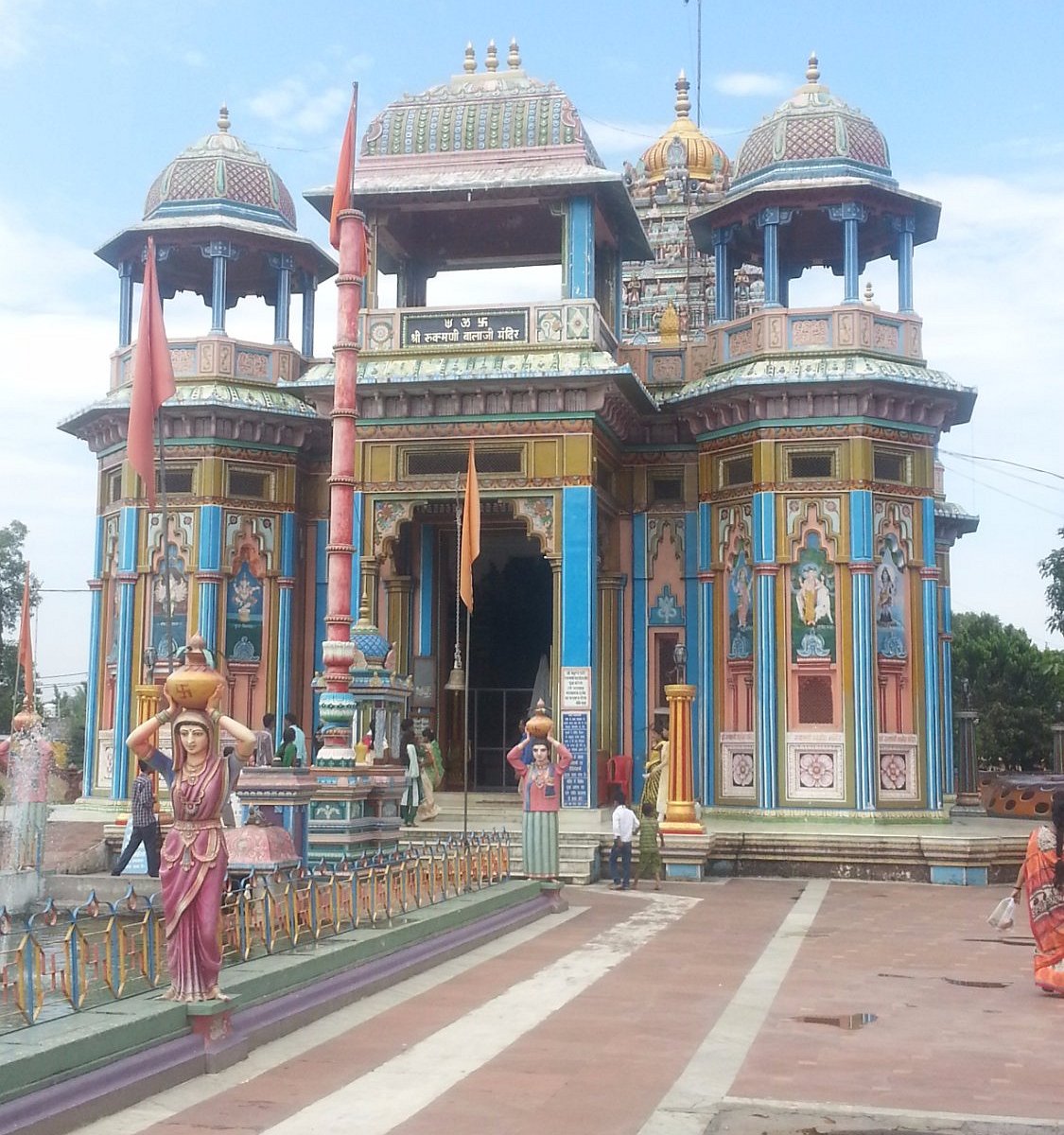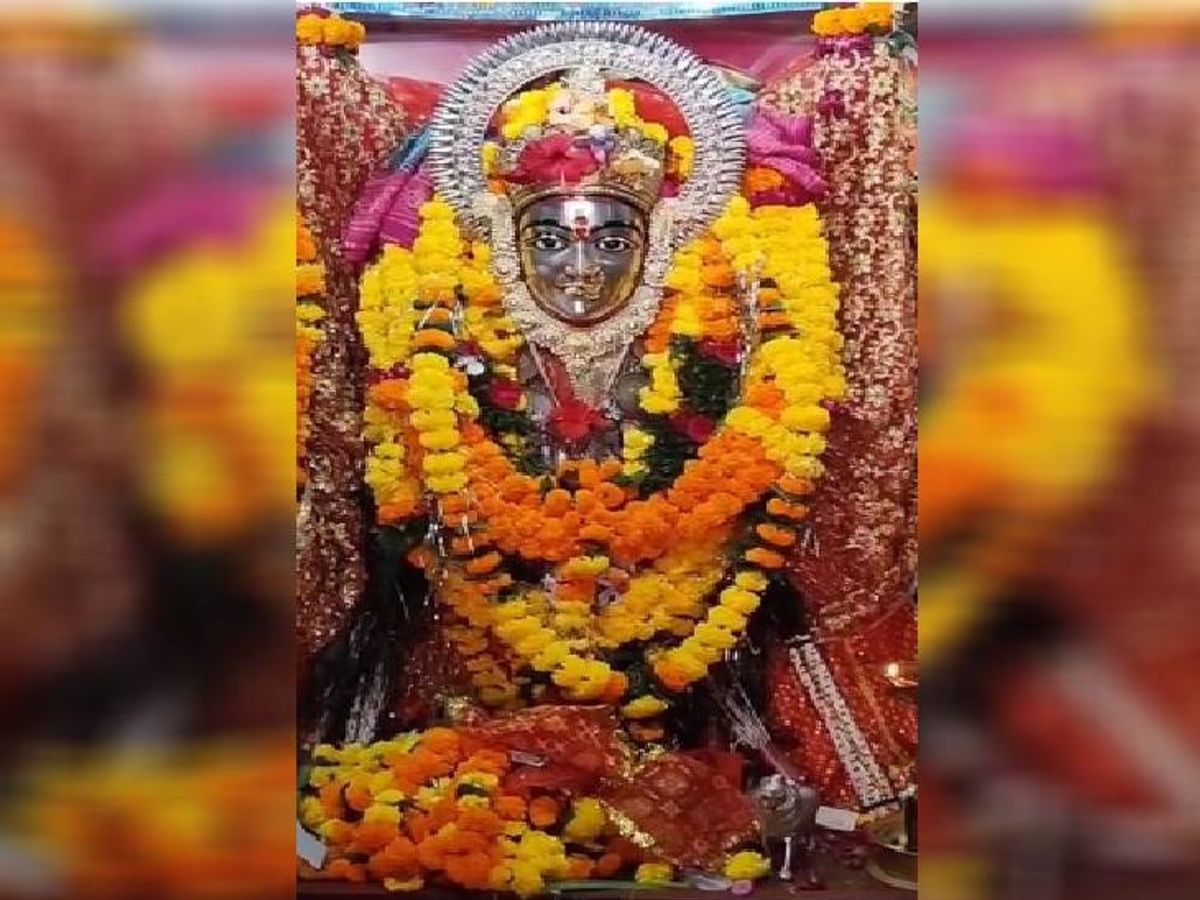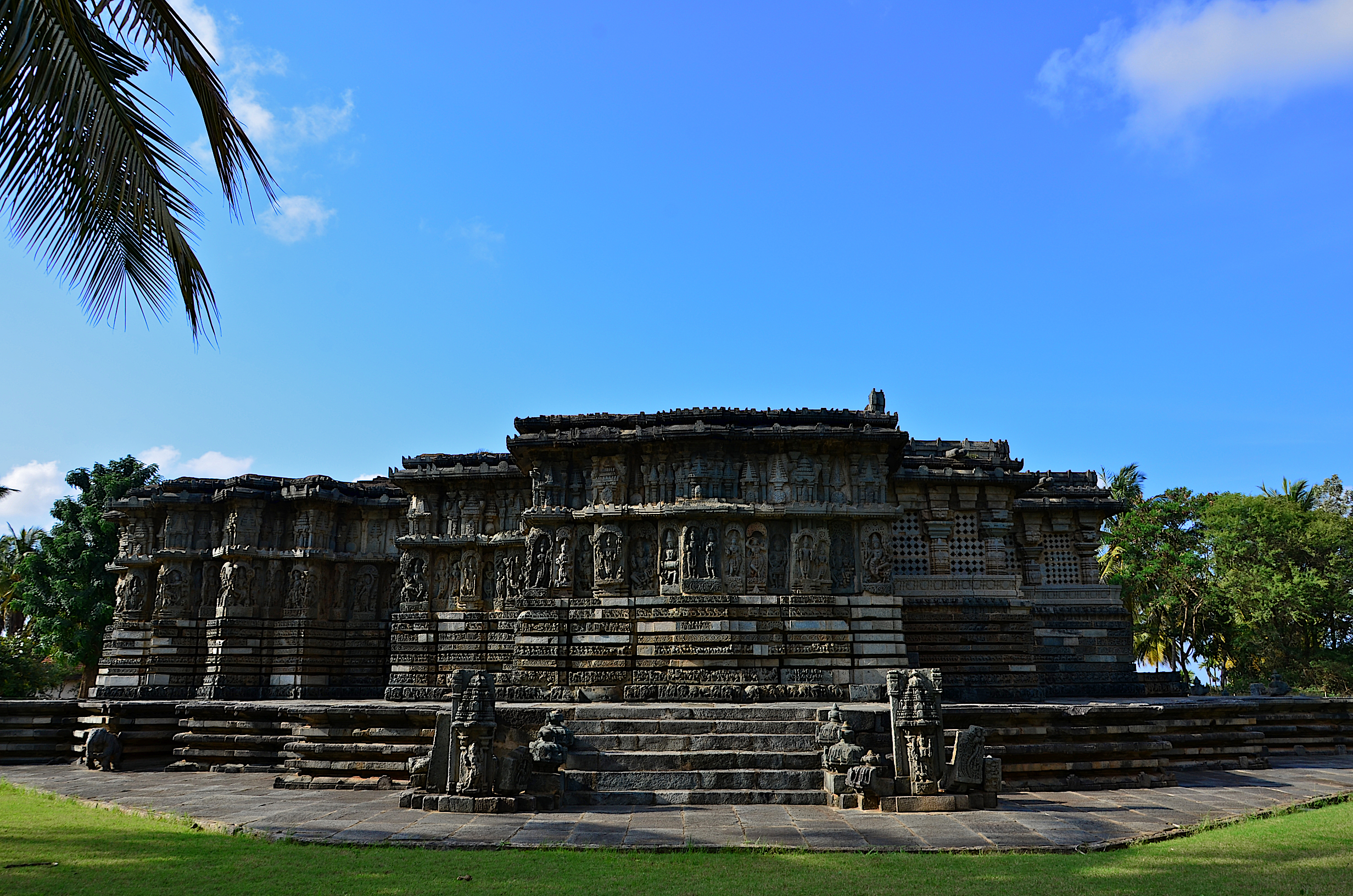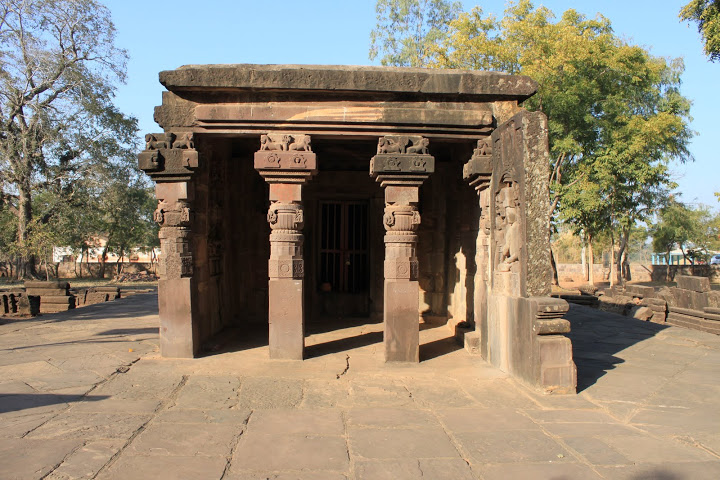Nestled in the heart of Madhya Pradesh, Betul is a town that boasts a rich cultural and spiritual heritage. Among the various attractions that make this place unique, its temples stand out as serene sanctuaries that not only reflect architectural marvels but also serve as spiritual havens for devotees. In this article, we will delve into the best temples in Betul, exploring their historical significance and the spiritual experience they offer.
Balaji Temple:

Located in the heart of Betul, the Balaji Temple is a prominent Hindu shrine dedicated to Lord Venkateswara, an incarnation of Lord Vishnu. The temple’s architecture is a blend of modern and traditional styles, adorned with intricate carvings and sculptures. Devotees throng to this temple to seek blessings and witness the grandeur of its religious festivals, making it a must-visit spiritual destination in Betul.
Mata Mandir:

Dedicated to Goddess Durga, Mata Mandir is a revered temple that attracts devotees from far and wide. The temple premises are beautifully landscaped, creating a peaceful ambiance for prayer and meditation. The annual Navratri festival sees the temple adorned with vibrant decorations and a festive atmosphere, making it an ideal time for visitors to experience the cultural vibrancy of Betul.
Sri Kedareshwar Temple:

Situated on the banks of the Tapti River, the Sri Kedareshwar Temple is dedicated to Lord Shiva. This ancient temple is known for its unique location and the spiritual energy that permeates its surroundings. Pilgrims visit this temple to offer prayers and partake in the divine tranquility that envelops the area. The scenic beauty of the river enhances the overall spiritual experience, making Sri Kedareshwar Temple a significant pilgrimage site in Betul.
Kankali Devi Temple:

The Kankali Devi Temple is another notable religious site in Betul, devoted to the fierce form of Goddess Kali. The temple’s architecture showcases intricate designs, and its spiritual aura draws devotees seeking blessings and protection from the goddess. The annual Kankali Devi Fair, held in the temple premises, adds a festive touch to the religious fervor, making it a must-visit attraction for both locals and tourists.
Achyutnath Temple:
Dedicated to Lord Shiva, the Achyutnath Temple stands as a testament to the town’s spiritual legacy. The temple is revered for its historical significance and architectural splendor. Devotees flock to this sacred site to offer prayers and witness the various rituals conducted in honor of Lord Shiva. The serene surroundings of the temple make it an ideal place for contemplation and spiritual rejuvenation.
Frequently Asked Questions
Now, let’s address five frequently asked questions about the temples in Betul:
Are these temples open to tourists from all religions?
Yes, the temples in Betul welcome visitors from all walks of life, irrespective of their religious beliefs. While certain rituals may be specific to the respective faiths, the overall atmosphere encourages cultural exchange and spiritual exploration.
What is the best time to visit these temples?
The best time to visit the temples in Betul is during major festivals or religious events. During these times, the temples are adorned with decorations, and cultural festivities take place, providing a unique and vibrant experience for visitors.
Are there any specific dress codes to be followed when visiting these temples?
Most temples in Betul have a dress code that requires visitors to dress modestly. It is advisable to wear traditional attire, covering shoulders and knees, as a sign of respect for the sacred space.
Are there accommodation options near these temples?
Yes, Betul offers a range of accommodation options to suit various budgets. Visitors can find hotels, guesthouses, and lodges in close proximity to the temples, ensuring a comfortable stay during their spiritual journey.
Can tourists participate in the religious rituals conducted at these temples?
While tourists are generally welcome to observe religious rituals, active participation may be restricted to followers of the specific faith. It is advisable to seek guidance from the temple authorities or priests if there is a desire to be part of any ritual.
